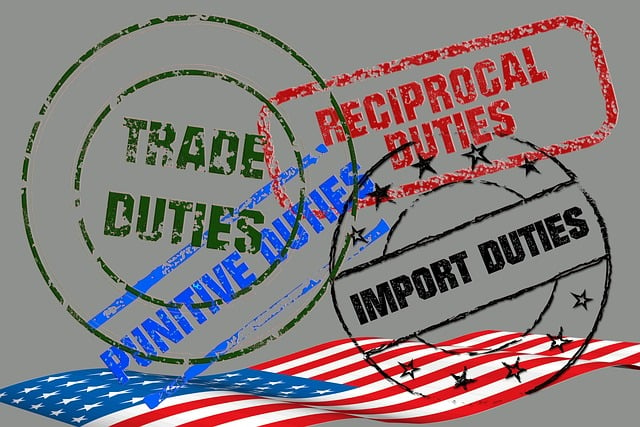The Legal Landscape: Understanding Tariff Regulations and Compliance for Small Businesses

The Impact Of Tariffs On US Ecoomy
Did you know that nearly 80% of small businesses are unaware of the specific tariff regulations that could impact their operations? That’s like driving a car without knowing the speed limit—risky and potentially costly! Understanding tariff regulations is crucial for small businesses, especially in our increasingly globalized economy. Let’s dive into the legal landscape of tariffs and compliance, and uncover how you can navigate these waters without sinking your ship.
What Are Tariffs, Anyway?
Tariffs are taxes imposed on imported goods. Think of them as a toll booth on the highway of international trade. When goods cross borders, tariffs can significantly affect pricing and competitiveness. Here’s what you need to know:
- Types of Tariffs: There are two main types: ad valorem tariffs, which are based on the value of the goods, and specific tariffs, which are a fixed fee per unit. Understanding these can help you calculate costs accurately.
- Purpose: Tariffs aim to protect domestic industries from foreign competition and generate revenue for the government. However, they can also lead to higher prices for consumers.
- Impact on Small Businesses: Small businesses often operate on thin margins. A sudden tariff increase can turn a profitable product into a loss leader overnight.
Compliance: The Name of the Game
Compliance with tariff regulations is not just a box to check; it’s a survival strategy. Non-compliance can lead to hefty fines, legal troubles, and even the seizure of goods. Here’s how to stay on the right side of the law:
- Know Your HTS Code: The Harmonized Tariff Schedule (HTS) code classifies products for tariff purposes. Misclassifying your goods can lead to overpaying or underpaying tariffs. It’s like using the wrong key to unlock a door—frustrating and counterproductive!
- Stay Updated: Tariff regulations can change faster than a cat on a hot tin roof. Subscribe to trade newsletters or join industry associations to keep your finger on the pulse.
- Consult Experts: When in doubt, consult a customs broker or trade attorney. They can provide tailored advice and help you navigate complex regulations.
Real-World Examples
Let’s look at a couple of small businesses that faced tariff challenges and how they adapted:
- Case Study 1: The Coffee Roaster – A small coffee roaster imported beans from South America. When tariffs increased, they faced a choice: absorb the costs or raise prices. They opted for a third option—sourcing beans from a different country with lower tariffs. This not only saved them money but also diversified their supply chain.
- Case Study 2: The Toy Manufacturer – A toy manufacturer relied heavily on imported plastic components. When tariffs skyrocketed, they pivoted to local suppliers. This not only reduced costs but also appealed to consumers who preferred locally made products. Talk about a win-win!
Insider Tips for Small Businesses
Now that you’re armed with knowledge, here are some insider tips to help you navigate the tariff landscape:
- Leverage Free Trade Agreements: Explore free trade agreements (FTAs) that may reduce or eliminate tariffs on certain goods. This can be a game-changer for your bottom line.
- Document Everything: Keep meticulous records of your imports and tariffs paid. This documentation can be invaluable if you ever face an audit.
- Consider Tariff Engineering: This involves altering your product’s design or materials to qualify for lower tariffs. It’s like a clever disguise for your goods!
Conclusion
Navigating the legal landscape of tariff regulations and compliance may seem daunting, but it doesn’t have to be. By understanding tariffs, staying compliant, and learning from real-world examples, small businesses can thrive even in challenging environments. Remember, knowledge is power! Equip yourself with the right tools and insights, and you’ll be well on your way to turning tariff challenges into opportunities. 🚀


